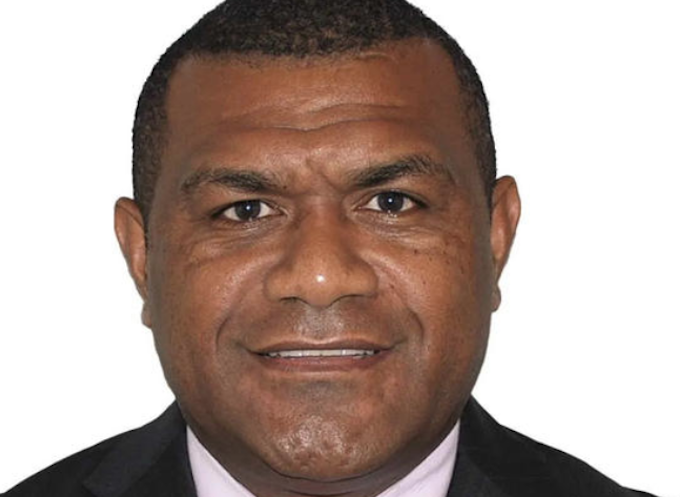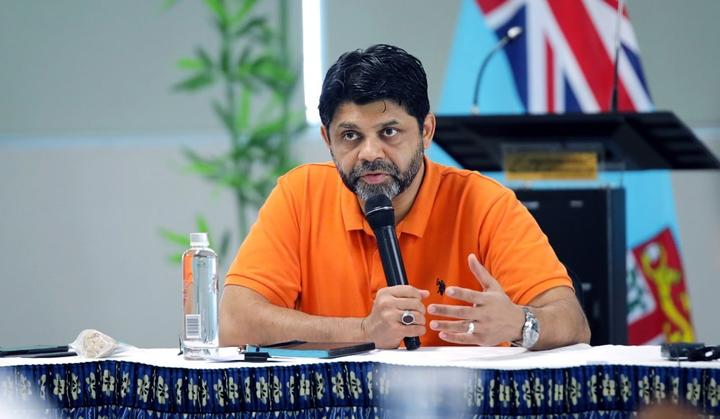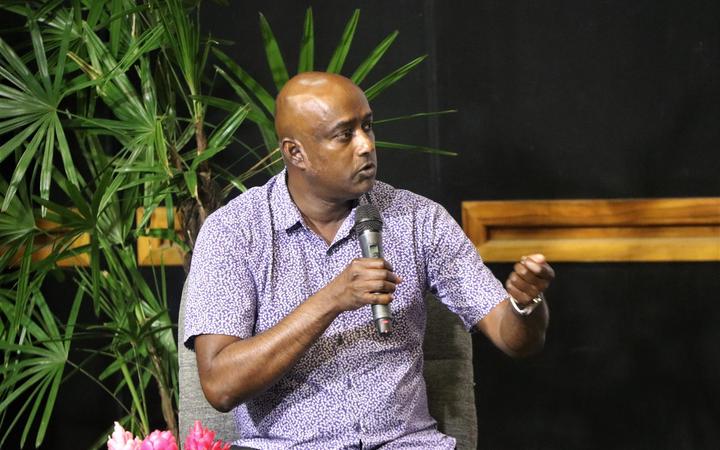
By Christine Rovoi, RNZ Pacific journalist
Questions have been raised about why the head of Fiji’s Bureau of Statistics was fired by the Bainimarama government this week.
Kemueli Naiqama recently published this year’s household income and expenditure survey that showed three quarters of Fiji’s poorest people are indigenous Fijians, or i-Taukei.
It is the first time ethnicity has featured in data published in the annual survey.
RNZ’s correspondent in the capital Suva, Lice Movono, told RNZ FirstUp the bureau had been “enhancing their ability to report information” and trying to be in line with sustainable development goals reporting.
“And the latest report shows that the poorest people in this country are the i-Taukei people,” Movono said.
“But more importantly that our poverty population — or the population that is living well below the poverty line — is very high.
“It would be directly opposite to the policies of this government to give information segregated according to ethnicity — it would be extremely embarrassing for a government that has been talking about producing an all time record high boom – economic growth,” she said.
Sacking defended
The Statistics Department comes under the Ministry for Economy.
The Minister, Aiyaz Sayed-Khaiyum who is also Fiji’s Attorney-General, has defended his sacking of the country’s chief statistician.
Sayed-Khaiyum questioned the methodology used for the study and labelled it flawed.
“Poverty in Fiji is now measured by consumption, including the food grown in a family backyard, and not just income,” he said.

Sayed-Khaiyum told a media conference in Suva he had issues with the bureau’s analysis of ethnic and religious data in its 2019-2020 Household Income and Expenditure Survey (HIES).
“We appreciate any independent office carrying out a proper, professional independent analysis of any data and understand the importance of reliable, timely and accurate statistics,” Sayed-Khaiyum said.
“And many may not know this or many may not delve further into this — we in fact approved this new methodology of moving away from what we call using the traditional income measure for welfare analysis — to using consumption expenditure for poverty measurement.”
New measuring yardstick
Sayed-Khaiyum said the consumption-based methodology for measuring poverty would “accurately and better assist in policy-making”.
He said the new yardstick did not just look at how much money a household earned but also at how they had access to services.
But there were many who disagreed with the attorney-general.
The University of the South Pacific’s senior lecturer in economics, Dr Neelesh Gounder, said the poverty estimates produced at all levels were reliable.
He said those not happy with the ethnic-based policy needed to target the policy and not the data.
Gounder said the survey was just the “messenger and shooting the messenger would not help.”
“Regarding data on ethnicity, there are several policy areas where ethnic-based data is relevant and required,” Dr Gounder said.

Ethnic data important
“Ethnic data allows us to see beyond presumed beliefs and prejudices that underly ethnic groups and it seems the government wants to avoid race-based policies that may arise from ethnic data.
“Recognising diversity based on ethnicity does not necessarily mean such differences should also lead to policy based on ethnicity.”
However, the government needs to understand that it is not the census or HIES that is causing ethnic tension in Fiji, Dr Gounder said.
The leader of the opposition Social Democratic Liberal Party (SODELPA), Bill Gavoka, said reports Naiqama was escorted out of his office were “shameful”.
“It is truly troubling,” Gavoka said.
He said the Bureau of Statistics is independent of ministers and instead reported directly to Parliament, with staff who are civil servants, but without being under ministerial control.
“The statistics they generate are independent of government and to hear that the FBoS CEO Kemueli Naiqama was unceremoniously dismissed and escorted off-premises for the report of poverty in Fiji, says a lot about the type of democracy we have in Fiji,” Gavoka said.
Independence needed
He said SODELPA wants the Statistics Bureau to have independence from any undue outside influence, especially from a government that has been hyping about a “boom” that many knew was not true.
“The collection, compilation, analysis, abstraction, and publishing of statistical information relating to the economic and general activities must be carried out without fear and SODELPA tells the Attorney-General and FijiFirst, ‘hands off’,” Gavoka said.
By exceeding the scope of data collection and ignoring fact-based methodology, the government said Naiqama had breached the terms of his contract with the ministry.
Under his employment contract, Naiqama will be paid all salary and accrued entitlements for the period up to September 15, 2021.
This article is republished under a community partnership agreement with RNZ.












































